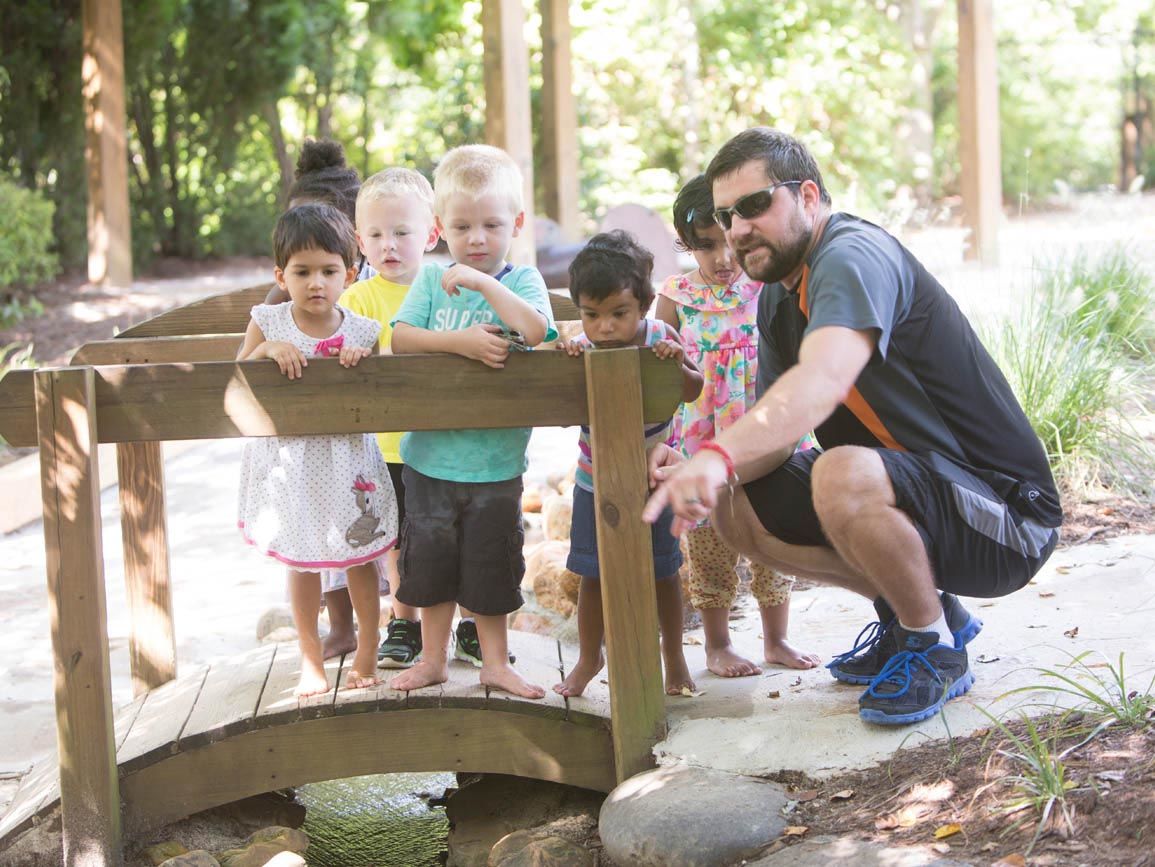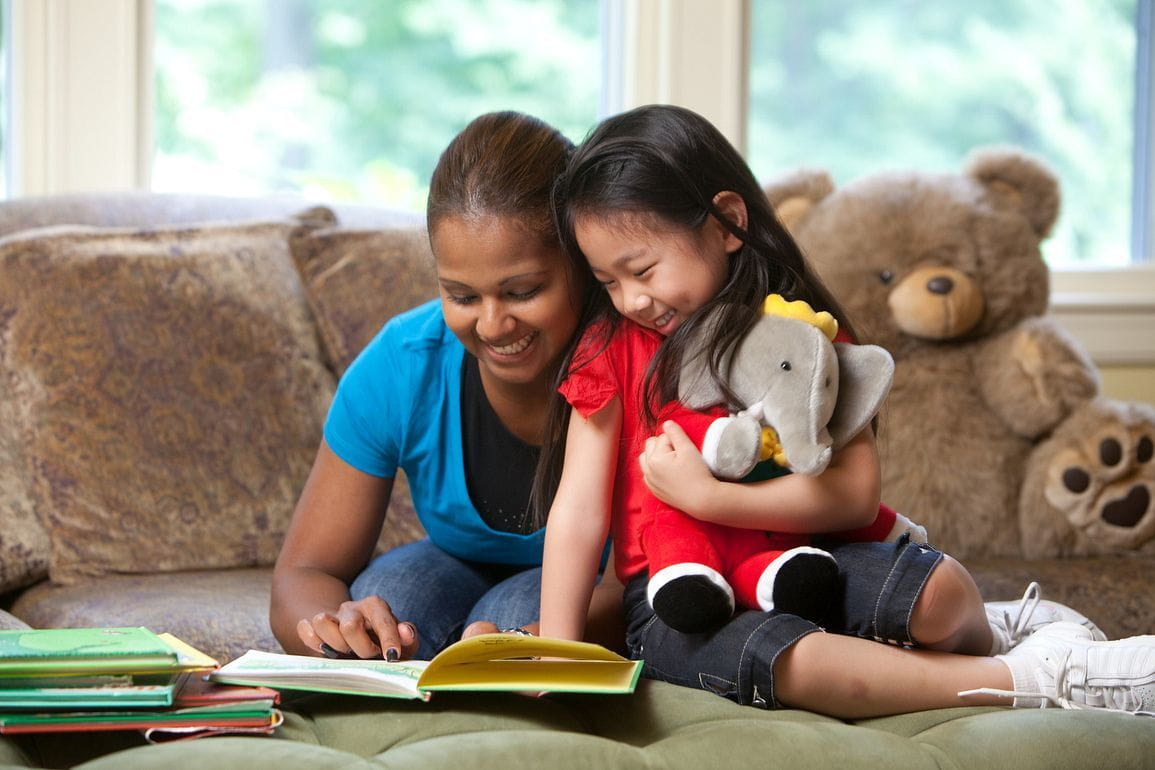In her book, "Raising Your Spirited Child," author Mary Sheedy Kurcinka explains, “The word that distinguishes spirited children from other children is the word more. They are normal children who are more intense, persistent, sensitive, perceptive, and uncomfortable with change” (page 9).
Parenting is a bumpy road, and traversing it with a child who experiences life more intensely than others makes it feel even bumpier. For a smoother ride, try the following parenting tips:Supporting Positive Child Development of a Spirited Child
Accept. We all have days, weeks, and more when we feel frustrated and overwhelmed. Sometimes we don’t understand our child’s behavior. Other days we feel like we are salmon swimming upstream. Accept that you cannot change who your child is, but you can work to improve both of your day-to-day experiences. As the positive discipline model states, there are no bad children, just bad behaviors.Reframe. Focusing on strengths gives hope to you and your child. A negative adjective, such as stubborn or disobedient, can be painful. Labels stick; children often end up identifying themselves with the adjectives they hear. If your child hears the same label over and over, he or she may adjust behaviors to consistently meet that expectation. Instead, use adjectives that encourage positive child development and behavior. A word such as persistent rather than argumentative allows you and your spirited child to see him or her in a positive light—as a person who is committed to a task, goal-oriented, and unwilling to give up. Remind yourself how important these attributes are in life.
Observe. Make a few quick notes in a journal for a week or two. When do challenges occur? Is it a particular time of day—morning, evening, before meals, or after school? Do certain events or situations ignite reactions? Seek out the reason behind the action. Look for connections and patterns between events and behavior. Similarly, record what situations allow your child to thrive. The first step in helping your child change his or her reaction is to understand why it may happen in the first place.
Look for solutions. Use the information from your observations to make changes. If given a few minutes of solitude in the morning, does your child get ready for the day easier? Does your child calm down when using his or her senses, such as playing with playdough, sand, water or holding the soft side of a pillow? Does some unstructured outdoor play time before tackling homework make for a calmer homework session? Look to make new routines based on the information you have learned.
Set consistent and clear expectations. Together with your child, set expectations for upcoming events, but allow opportunities for children to exercise their own control and judgement within this framework. “To get to school on time, we need to leave by 7:30. How will you help us meet this timeline?” Together write down his or her suggestions and read it again as the event nears to ensure success. Continue to encourage child development through positive discipline and parenting by offering specific praise for positive behaviors.
Introduce the concept of a do-over. Explain to your child that everyone makes mistakes, and that sometimes people wish they could take back what they do or say. A do-over can give a clean-slate to begin the interaction again. First, model using it yourself. Say, “I just realized that I answered too quickly. I am going to take a do-over. I thought about it again, and yes you can have a cookie after dinner.” When you see your child react quickly, offer him or her the option of using a do-over. “I see you started to yell when I asked you to put your shoes on. Let’s take a do-over and begin again. How will you respond this time?” This gives your child the power to change his or her behavior without having to enter a conflict with you. Eventually, your child may recognize the need for a do-over and ask to use it on his or her own.
While raising your spirited child, you will find that some strategies work for your family and others will not. What works on Monday, may not on Saturday. Be patient, give it time, and celebrate the success of every small step forward.
Webinar: Tapping Into Your Child's Temperament
Learn how genetics, life experiences, and interactions with adults in your child’s life can help shape his or her unique temperament and personal style. And discover how to adapt your parenting style to fit your child, manage especially spirited behavior, and celebrate your child’s uniqueness.





